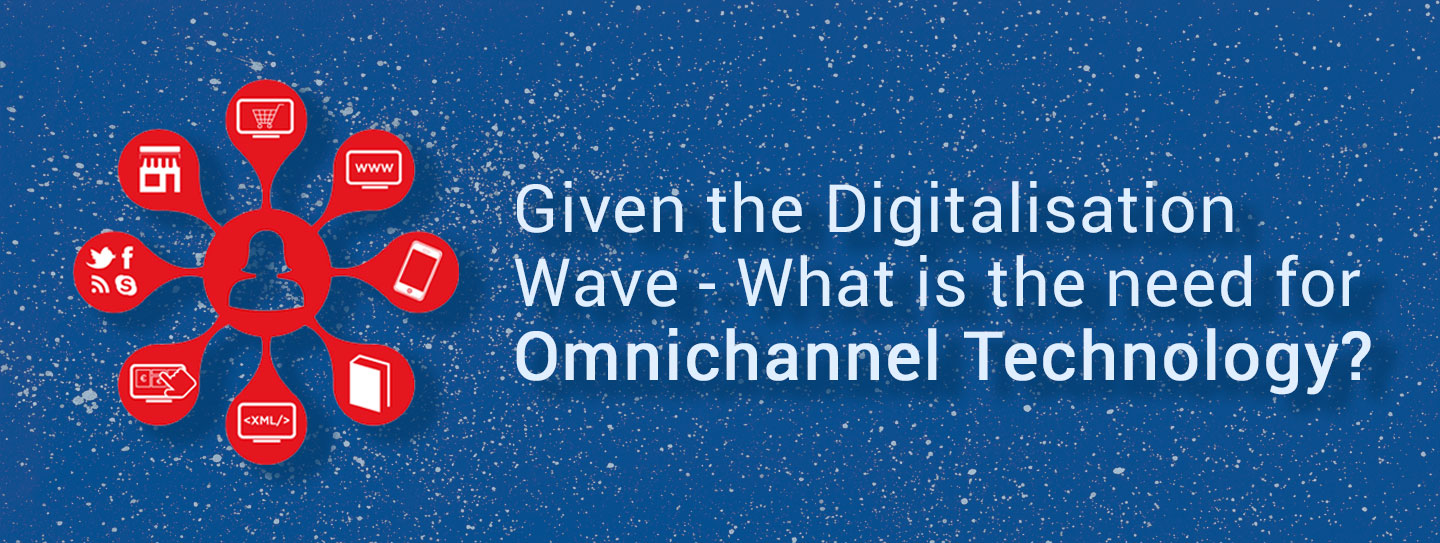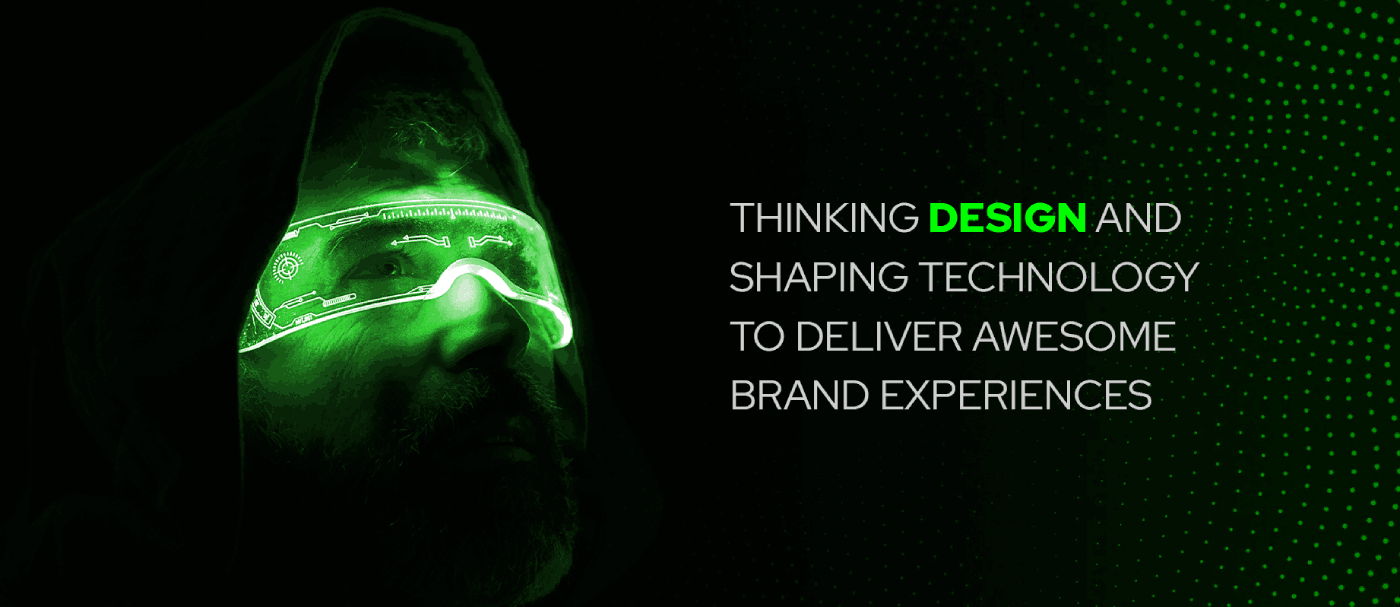

Digitalization will ‘add to’ the frequency of use of available digital channels and not replace others. Banks and Financial institutions have invested in technology that can deliver an Omni Channel experience, but have they leveraged it so far? explains Amit V.S. Tandon, CEO, Genuus
‘Omni Channel’ has been a buzzword for a few years now and it would only be prudent to understand its efficacy and relevance in today’s real-life context. I would like to view Omni Channel more of a business strategy and technology as a boundless enabler to deliver an Omni Channel experience for a brand.
What’s important to understand is whether organizations have augmented their channels into a connected yet unified experience delivery platform and transformed themselves into an Omni Channel business. In the purest sense, a customer must be able to engage with minimum effort across any channel and move rapidly between channels without performing repeated tasks. The customer should be able to pick up a task from one channel and complete it by using another channel, e.g. filling in a customer on-boarding application form through the web site and later on allowing the customer care executive to assist in filling it up by avoiding taking details that were captured earlier on the web site.
If a customer were to opt for a service on the ATM, the Mobile App will react accordingly and assist the customer in availing the service. With technology as an enabler, Bank customers can expect the customer experience to be personalized, dynamic and continuous.
Digitalization nurtures positive disruption and what we’ve seen so far is the tip of the iceberg. Digitalization will ‘add to’ the frequency of use of available digital channels and not replace others. Banks and Financial institutions have invested in technology that can deliver an Omni Channel experience, but have they leveraged it so far? I would say only a handful of these institutions in India have been successful in doing so. With the drive to support ‘Digital India’ by the Public and Private sector, the ecosystem for Omni Channel businesses will witness improvement.
As customers, we care about experiences and the relevance of being an Omni channel organization is even for significant than before. We seek convenience, we expect speed in delivery and response and therefore Banks must ensure that there is equality of service from its channels; one channel cannot be superior than the other.
Big Behavioural data can impact the bottom line
Omni Channel technologies bring in their set of benefits. Banks and Financial Institutions now have the ability to measure the success of their marketing campaigns and engagements by using various marketing technologies. It allows them to focus on the bottom line by deducing insights on customer segments, products and channels. Batches of disparate information can be converted into meaningful actionable data. Using technology, Banks can test, take course corrections and push new content to customers within no time. Banks by implementing various cloud-driven technologies can predict the patterns of consumption of a product or service.
Personas and investment behaviour can be sculpted on the basis of filtered data. Customers are willing to share information on their preferences and see it as a trade-off between personal behavioural information against the personalized experience that is expected from the brand capturing information. Customers expect brands to learn and apply instantly.
With insights at their disposal and an integrated (Omni) channel, Banks are able to deliver a tailored customer experience and open a window to cross sell its products.
Digitalization = Ubiquity
Digitalization creates reach, access, agility and consistency in communicating a Bank’s product and service offering. Digital is not location specific and customers are known to access banking information on their mobile app whilst inside a Bank branch. Philosophically speaking, Digitalization is an unparalleled force. It is ever encompassing. The only way it can be harnessed for a business is by using specific Omni Channel technologies that fulfil its business objectives. For example, the Marketing Cloud allows banks to orchestrate a synchronized, personalized experience across its Web sites, In-Branch Kiosks, Mobile Apps and Emails.
The Inside Bank and Outside Bank Experience
Despite the digitalization wave, branches stand to remain as an important delivery channel. Branches have to function as Digital Experience Centres with the intent to offer personalized customer service. Virtual assistance for routine transactions can improve operational efficiency and reduce operating costs.
Google, Uber, Facebook, Zomato, Netflix, Trivago and more have brought in experiences that are on-demand and instant. Customers of Banks today demand a similar interaction.
Not only do Banks and Financial Institutions have to digitize their deliveries, they also have to align with the ecosystem that facilitates convenience to customers. Banks have to provide access to their products and services through third party applications. Engagement through Social media, payment solutions driven by NPCI, Open Banking and API marketplaces, strategic brand partnerships are some cogs in the wheel that help build the ecosystem.
Customers are at the centre of the Omni Channel strategy. It is the role of the Banks and Financial institutions to enable their customers to choose the channels that provide the most value. For Banks and Financial institutions, Omni Channel customers offer a higher lifetime value thus impacting the organization’s long-term profitability.
Source link – http://computer.expressbpd.com/news/given-the-digitalisation-wave-what-is-the-need-for-omnichannel-technology/23690/
